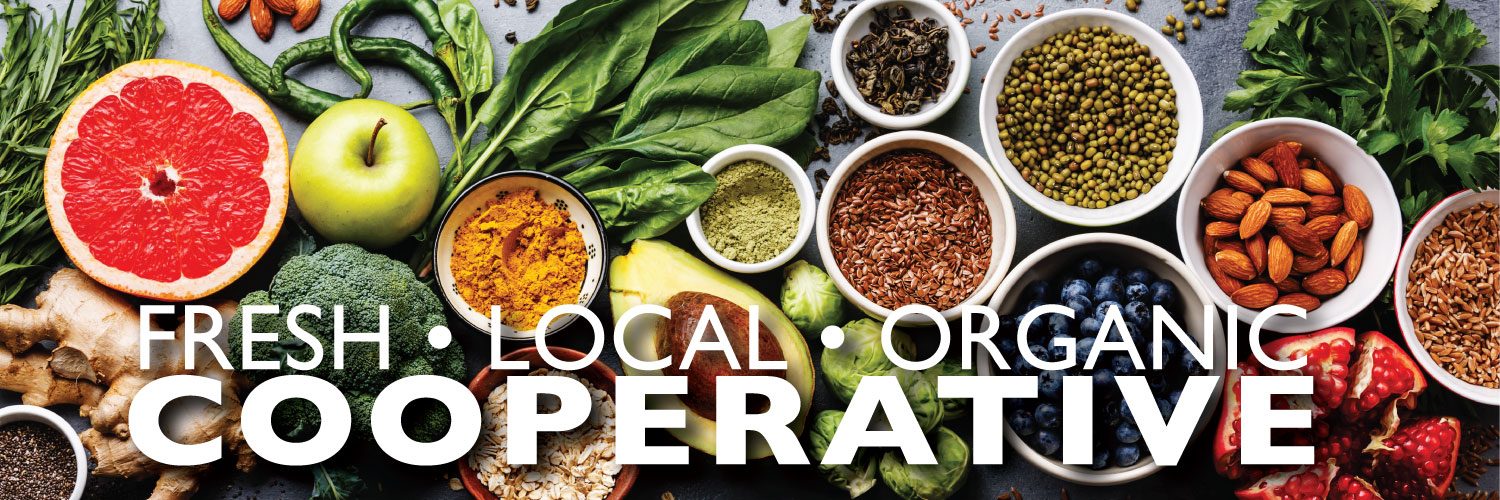A chef can only be as good as his or her ingredients. So, understanding what you are buying and knowing how to shop for food is an important first step in your plans to improve your family’s nutrition. Here are some shopping and cooking tips that should help you navigate the landmine-filled nightmare that is the grocery store.
• Rather obvious, but important, is to plan meals in advance. Know what you need to buy before you go, and stick to your list even when the kids start hiding Rice Krispies Treats in your cart.
• Also VERY IMPORTANT. Do not shop hungry. This is never a good idea. This is how you end up spending double your budget and having nothing to show for it but Oreos.
• If you’re worried about pesticides or hormones, try to buy organic produce as much as possible. Wild-caught fish, grass-fed meats, and free range eggs are also a good idea, if you can make it work with your budget.
• Shop the “outskirts” of the store to find the minimally processed “real” food. Fruits, vegetables, whole grains, dairy, lean meats, fish, poultry, beans, and nuts.
• If you buy canned foods, look for no salt added or low sodium for vegetables and soups, and fruit that’s packed in its own juices instead of sugary syrups.
• Frozen fruits and vegetables are also a good choice in the winter months when fresh produce is harder to find, or more expensive.
• Don’t get sucked into the myth that “fat free” equals healthy. Often, food manufacturers will overcompensate with sugar to make up for the lack of fat, actually making it worse for you. Your body needs healthy fats, but it does not need processed sugars.
• Buy 100 percent whole wheat bread if you’re looking for wheat bread, often loaves of bread that say “wheat bread” are just white bread that’s been colored.
• If you’d like to try a healthier grain, or are trying to remain gluten free, cooking or baking with quinoa.
• Buy healthier oils for cooking or adding to dishes, such as olive oil, coconut oil or canola oil.
• When cooking, make larger amounts of dinners and freeze some for quick meals later.
• Start baking more of your food, and frying less.
• Try mustard or vinegar instead of mayo or ketchup. Normal ketchups are full of sugar, although you can find no-sugar added ketchup if you look for it.
• Add more flavor to your food with peppers, healthy spices, or marinades instead of salt.
• Don’t be afraid to experiment, you may be surprised what your family ends up loving.
• And finally, Read. The. Labels. Know what you’re eating. Make informed choices. Boom.

